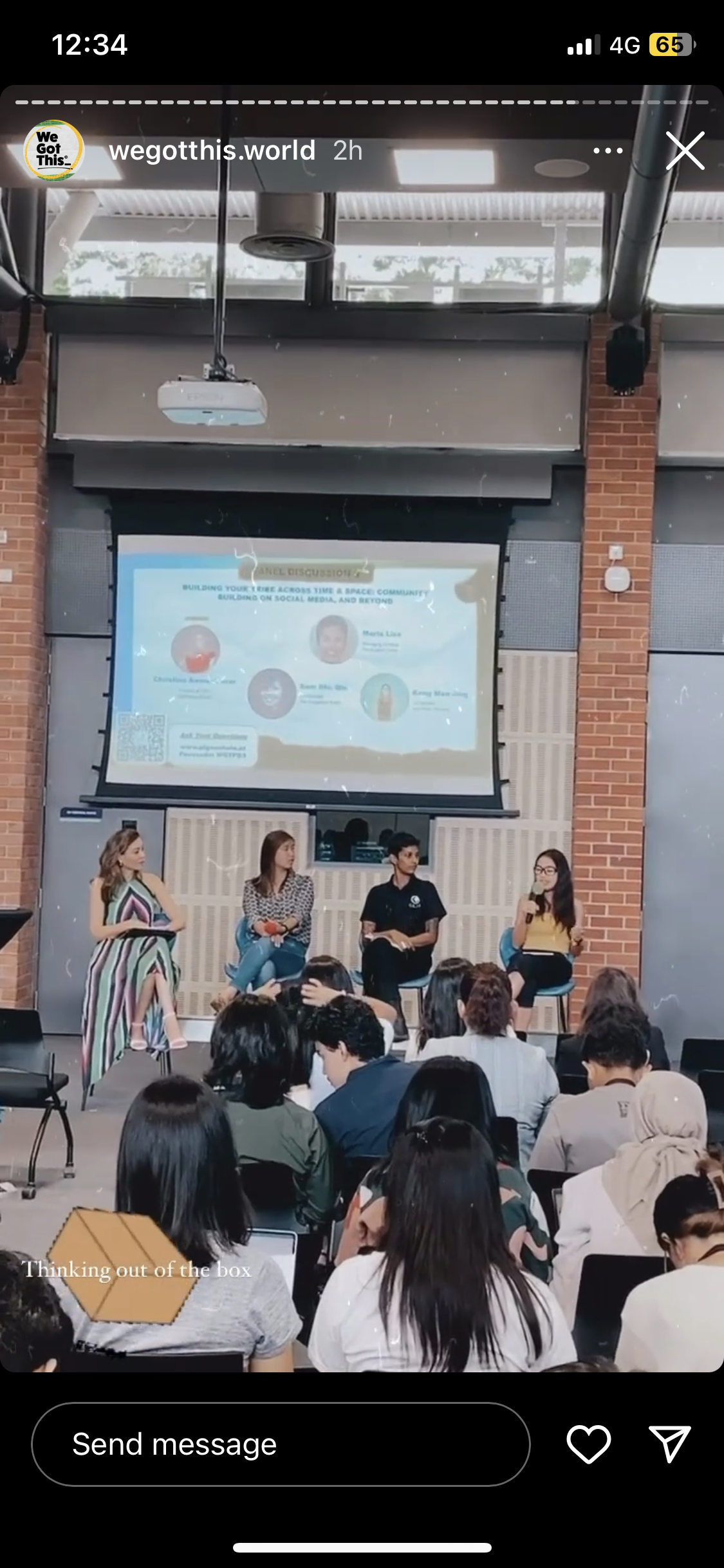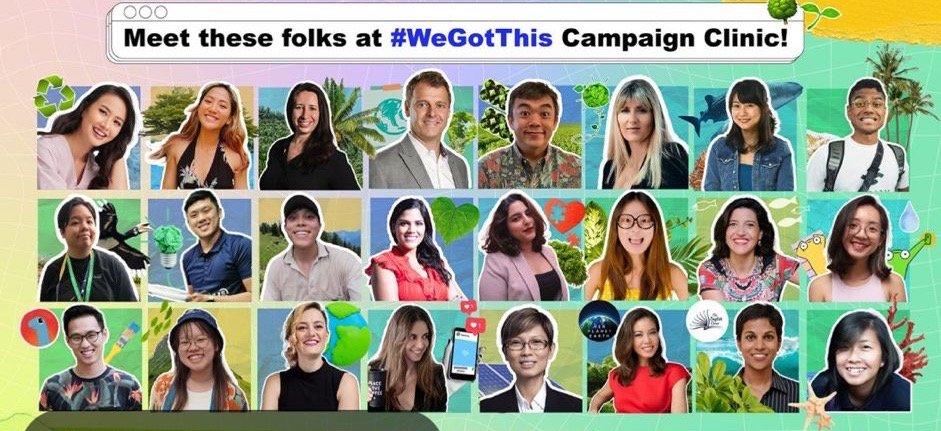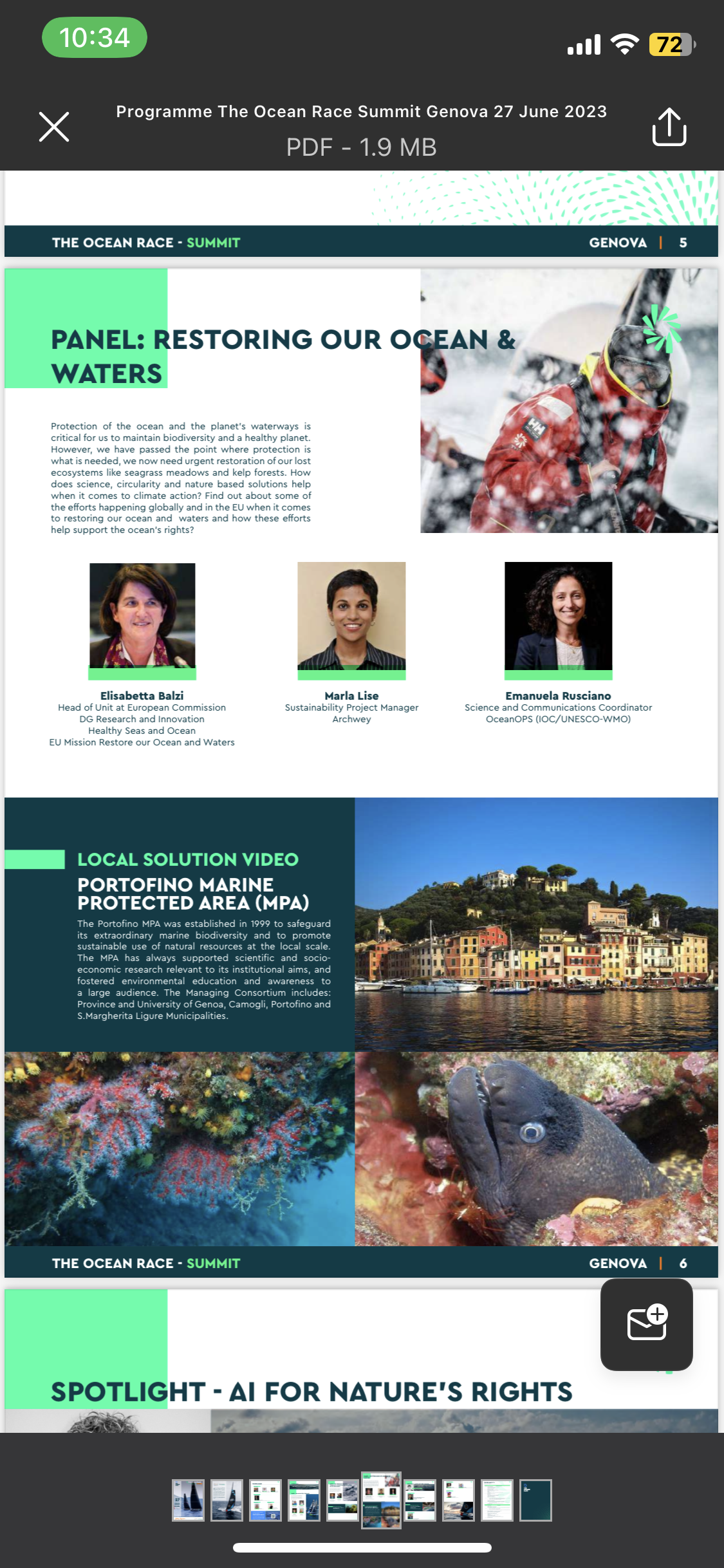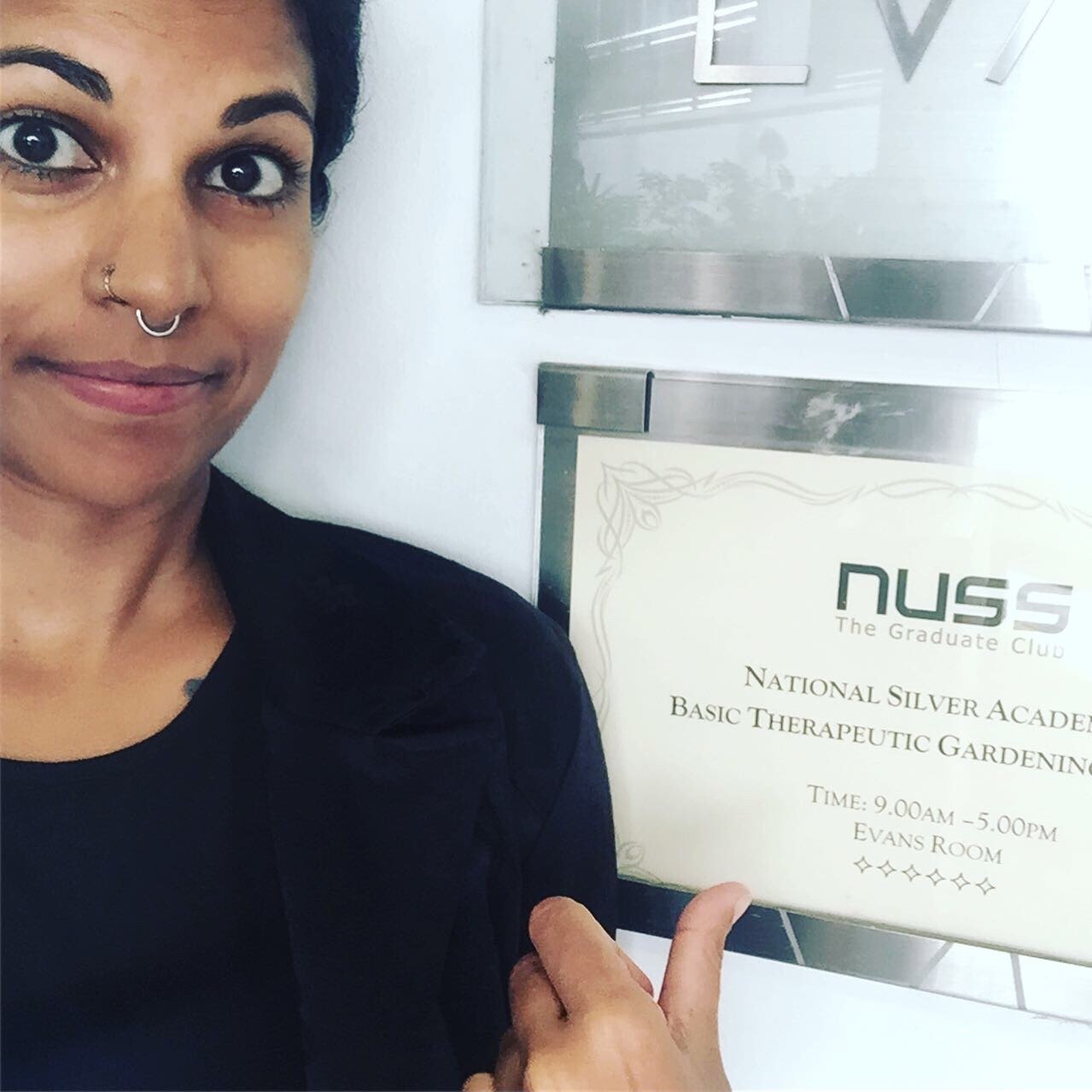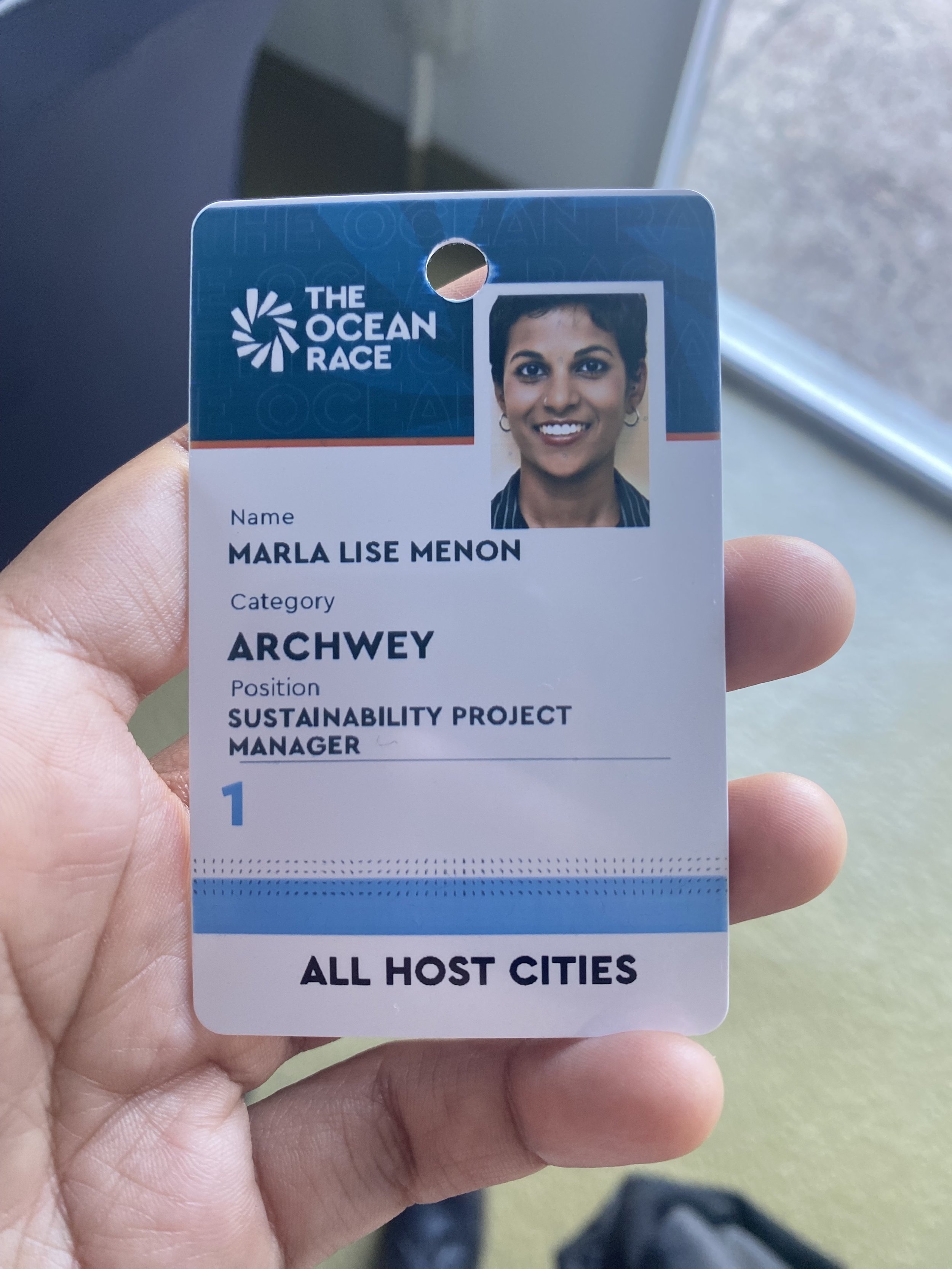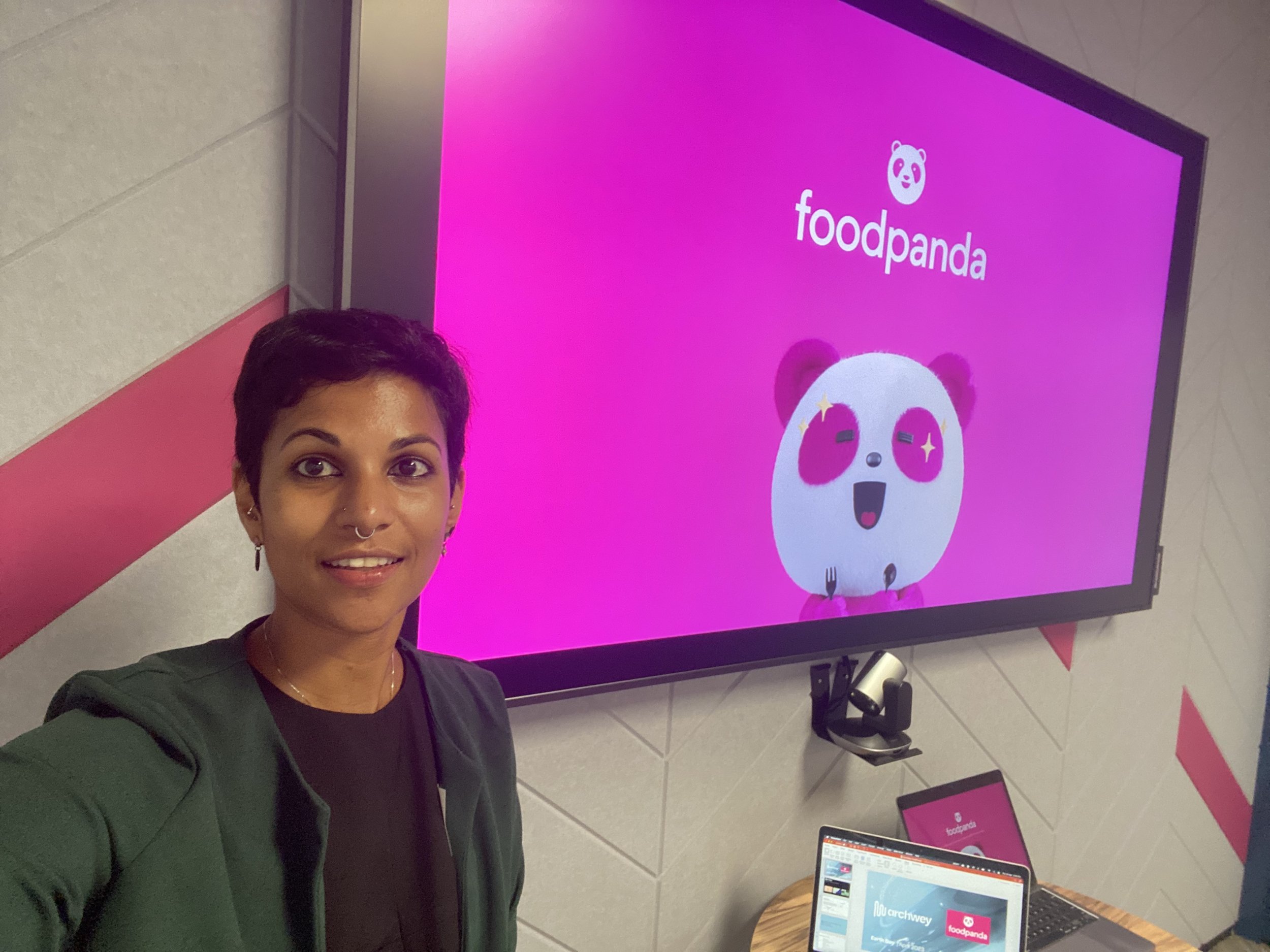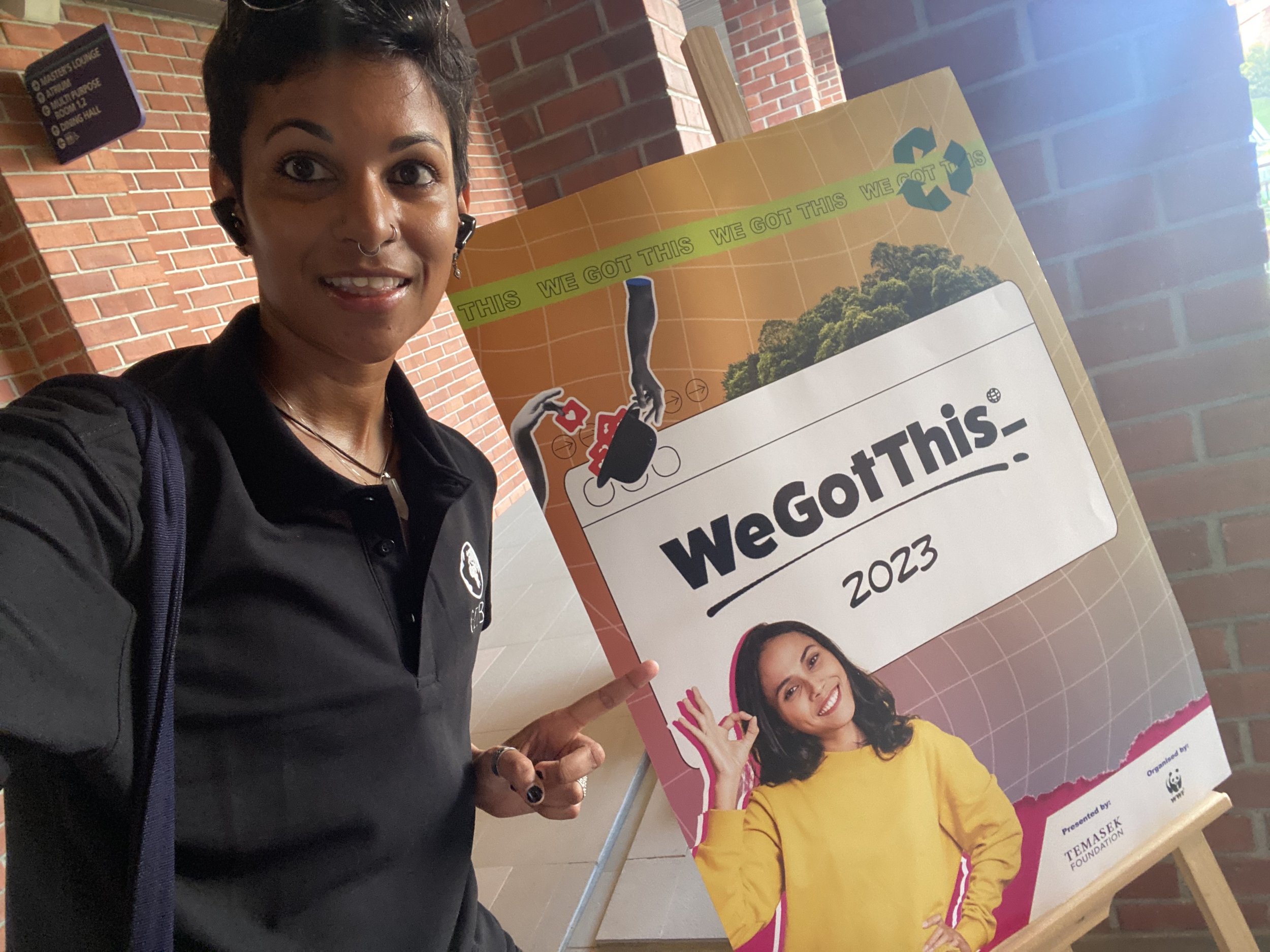Different stories matter
I’m in the midst of teaching Year 10 IGCSE Literature exams. I taught the book, Purple Hibiscus last year for the IGCSE examination prose text, and chose to continue with it this year, since it is still in the syllabus. Both times, I’ve started the class by getting the students to think about what “a single story” means to them. After that, they think about names used in school like “nerd” or “jock” and draw a spider diagram around them with associated adjectives.
For example,
Nerd: quiet/introverted/smart/boring/anti-social
Jock: athletic/dumb/meat-head/busy/
Those are the kinds of responses I have gotten.
Then, we watch “The Danger of a Single Story” by the book’s author, Chimamanda Ngozi Adichie.
When someone asks you to think of ‘an African’, many of us jump to this image of an emaciated child, complete with bloated belly, flies buzzing around its watery eyes, belly button extruded.
Is that really all we know of Africa and Africans? That it is poor? Waiting for the ‘white man’ to save it because it cannot stand on its own two AIDS-riddled feet?
Single stories are dangerous. They are one-sided, myopic views on things we sometimes do not understand, and do not even want or think to understand. Single stories are what cause wars, injustices, hate crimes, and genocides.
Seemingly harmless, these small points of views, cause chaos.
Sadly, based on what we read, experience, and the people we talk to, we all have single stories about many, many things.
Let’s step away from Africa, and come back to Singapore.
Singapore prides herself on being a ‘city in nature’. The country’s gone through quite a number of titles before this one. “Biophilic city in nature”, “garden city”, “city in a garden”. But we decided to stick with this. The thousands of tourists that flock to this little red dot, see exactly that. Singapore is a city in nature. “It’s so clean!” “There are no poor people!” “It’s so green!” All these comments based on the fact that many of them go to Marina Bay Sands, the Zoo, Orchard Road, Sentosa, and then head on home.
This is our single story.
Is this single story however, all Singapore is? Take for example the recent crocodile debacle in Singapore. One would think, labelling oneself as a ‘city in nature’ would allow the nation to celebrate when nature came waddling back onto our shores. Instead, we put the crocodile to sleep, saying it was unsafe for the public.
Even the crocodile was only offered a single story – one of danger and human predation. What if it simply wasn’t hungry, uninterested, or just having a break along its gap year to Balinese shores, for palm trees and Piña Coladas? Even upon advice from a scientific officer of the Singapore Herpetological Society, saying that the crocodile would just keep moving and not stay in one place for long, we removed it. Permanently.
We ignored another story, for this single story.
Let’s look at so many other things happening all over the world, either on a bigger or smaller scale. Let’s look at how we treat people at work, at school, or at home.
We judge them all based on one single story.
How many times in human history, in every civilization, in every household, every single one of us – have we gotten rid of an inconvenience, because that single story of inconvenience to us, weighed more than any other story that civilization, creature, or culture possessed?
More importantly, when will we stop solely looking at the single story?
When will we see that money doesn’t bring happiness? When will we realise that the convenience of plastic is damaging our planet? When will we change our habits because we are perpetuating global warming? When will we accept that everyone is uniquely different and deserves a place in this world?
When will we live in harmony and peace with the world around us because this is our single story?
All of us, together.


